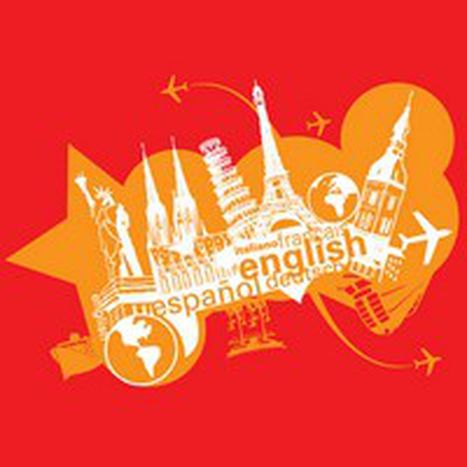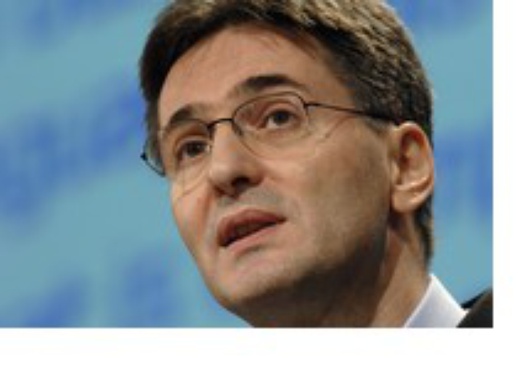
Language means business
Published on
Translation by:
Erin Woycik945, 000 small and medium-sized exporting businesses - 11% of those in the EU - missed out on commercial contracts because of poor language skill bases
On 21 September a large free conference takes place in Brussels on the issues of multilingualism and intercultural dialogue. The aim is to obtain recommendations for a commercial strategy that European businesses can adopt, as well as better mutual understanding among the member states. It is centered around the debut of Leonard Orban, the young Romanian European Commissioner who has been fighting for multilingualism since January 1, 2007. He has spent the summer travelling across Europe presenting his political agenda and obtaining government support for his actions, in favour of a dialogue between cultures and the promotion of foreign language learning.
Lots of English and little else
 According to the last Eurobarometer ‘Europeans and Languages’, published in 2006, English is spoken by 51% of Europeans and is the most used language in the EU. Far behind it are German (32%) and French (26%). However, it was a British organisation, the National Centre for Languages (CILT), which emphasised the fact that ‘English alone is not enough for European companies to secure business opportunities’. Its last study, published at the beginning of 2007, underlines the fact that small and medium-sized companies that invest in language learning – especially in Russian, Chinese and Arabic - boast export figures that are 44.5% higher than those which do not.
According to the last Eurobarometer ‘Europeans and Languages’, published in 2006, English is spoken by 51% of Europeans and is the most used language in the EU. Far behind it are German (32%) and French (26%). However, it was a British organisation, the National Centre for Languages (CILT), which emphasised the fact that ‘English alone is not enough for European companies to secure business opportunities’. Its last study, published at the beginning of 2007, underlines the fact that small and medium-sized companies that invest in language learning – especially in Russian, Chinese and Arabic - boast export figures that are 44.5% higher than those which do not.
It’s on this data - as well as the symbolic event of the first official community language regulations in EC history - that Orban has based the relevance for his portfolio, the same portfolio that the media has been questioning all year. The EU funds allotted for the total costs of the commission on multilingualism and intercultural dialogue is barely 1, 100 million euros, 1% of the EC budget. These funds, representing a growth of 20% in the period 2000-2006, ‘are not enough if we take into account that we have gone from 11 to 23 official languages in the EU and that we want to maintain the most developed translation services in the world, with 3, 500 workers’ - something Orban recognised at an informal luncheon with journalists during his visit to Paris in July.
Enterprise Erasmus
The same British study states that ‘only 50% of employers questioned claimed to know about national initiatives or strategies for increasing the linguistic competence of their businesses. None of them believed they were effective.' How then, does the EU hope to make headway in this discouraging atmosphere? Orban puts forward three proposals in favour of language learning. He talks about the creation of a business ERASMUS at the beginning of 2008 for the exchange of workers between European businesses. He also suggests a larger presence of cinema in the original version with subtitles, offering as examples the cases of Portugal and Romania ‘where films are always in their original version. People can get by very well in languages other than their own.'
Finally he proposes a mandatory exchange period for postgraduate students, meaning they would spend time in another European country. Asked about the progression of English as the dominant lingua franca, even in the corridors of Brussels, Orban specifies that ‘the commission’s responsibility is not to privilege the use of other languages above English. It's to ensure the multilingualism of Europe. The first people to use English in press conferences, almost consistently, are journalists of all nationalities,' he finishes, with a touch a sarcasm.
In- text photo: Don Quixote of Europe, Leonard Orban (European commission)
Translated from Leonard Orban, el Don Quijote europeo de los idiomas



